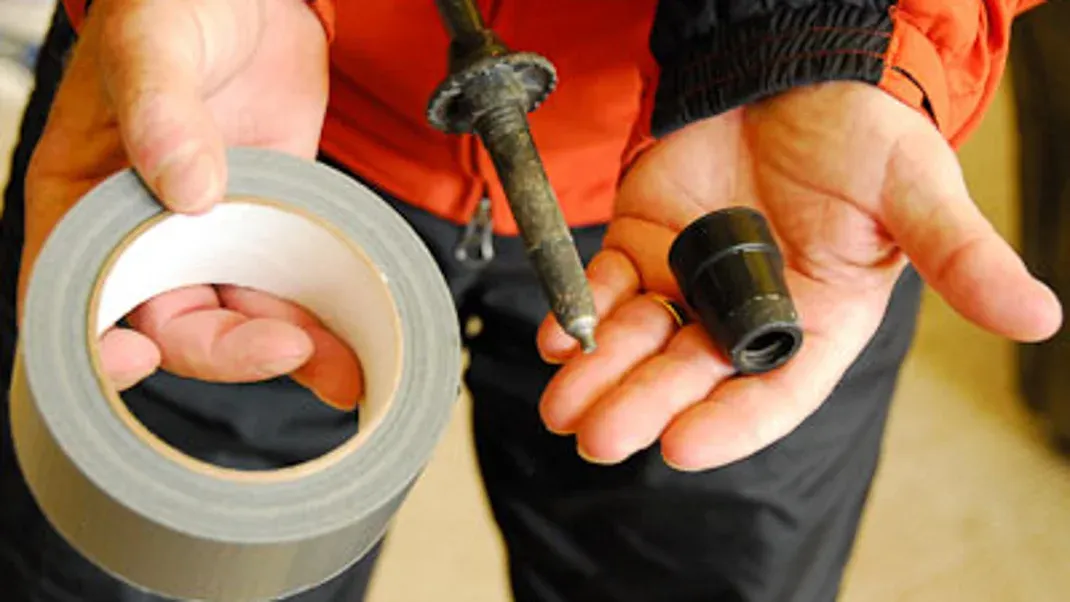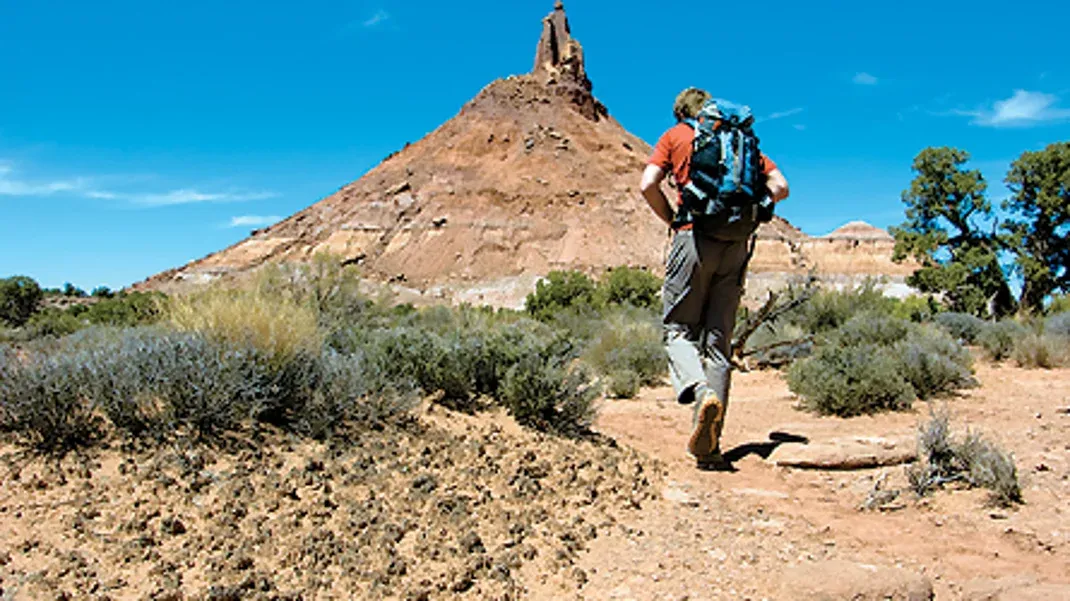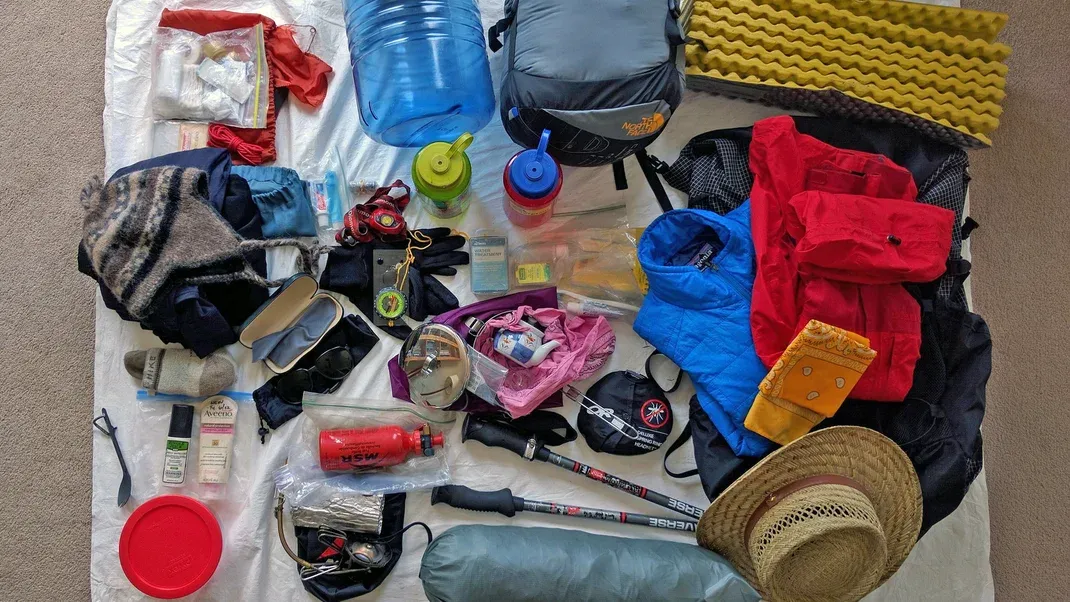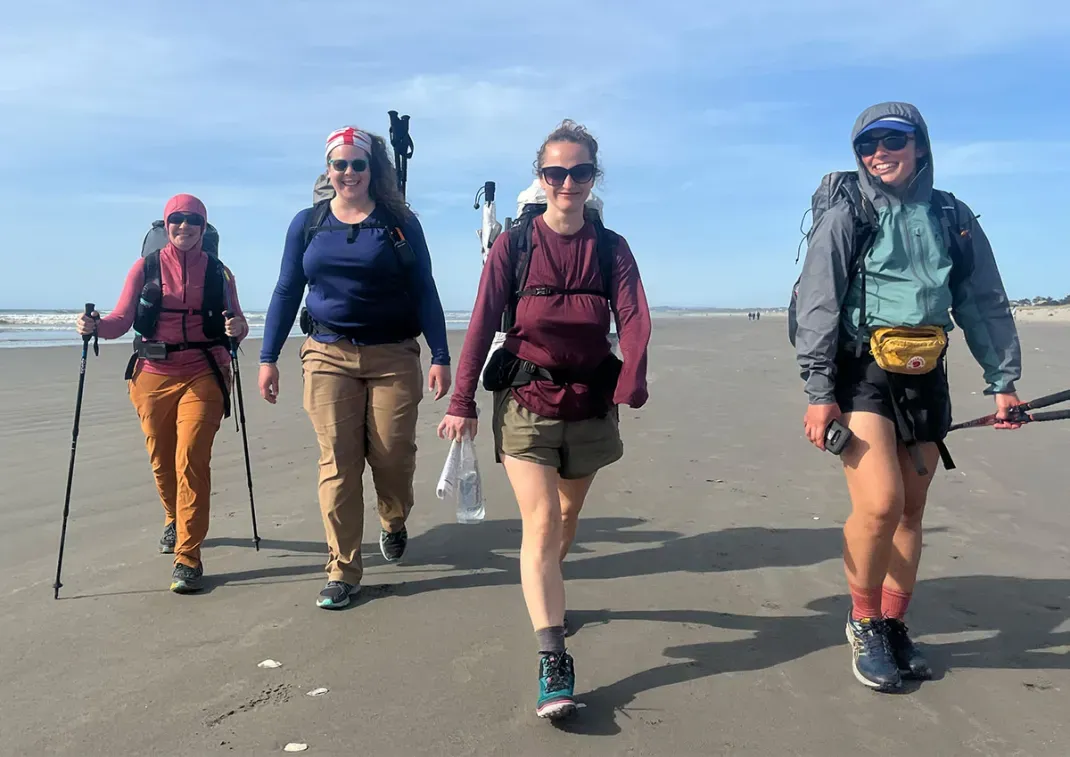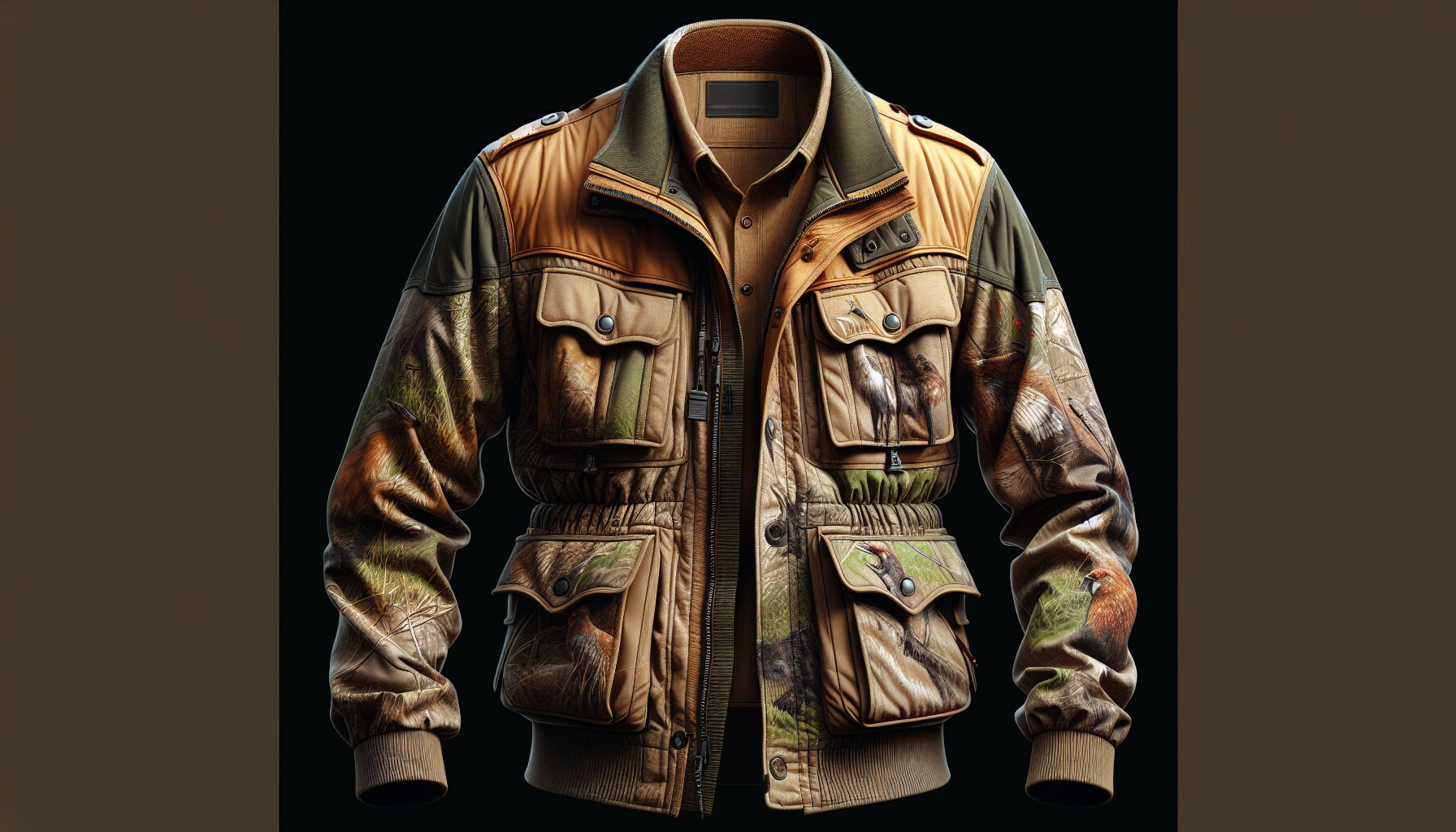5 Free or Cheap Ways to Cut Your Pack Weight This Summer
1. Evaluate your gear: Take inventory of your backpacking gear and look for items that can be replaced with lighter, more compact alternatives. This could include switching to a lightweight tent, sleeping bag, or backpack. 2. Share gear with friends: If you're hiking with a group, consider sharing gear such as a stove, water filter, or tent to reduce the overall pack weight for everyone. 3. Leave non-essential items at home: Take a critical look at the items in your pack and leave behind anything that isn't necessary for your trip. This could include extra clothing, unnecessary gadgets, or luxury items. 4. Repackage food and supplies: Remove excess packaging from food and supplies to save on weight and space in your pack. Consider portioning out meals into lightweight resealable bags. 5. DIY gear modifications: Get creative and make your own lightweight gear modifications, such as cutting the handle off your toothbrush or creating a homemade alcohol stove. These small changes can add up to significant weight savings.
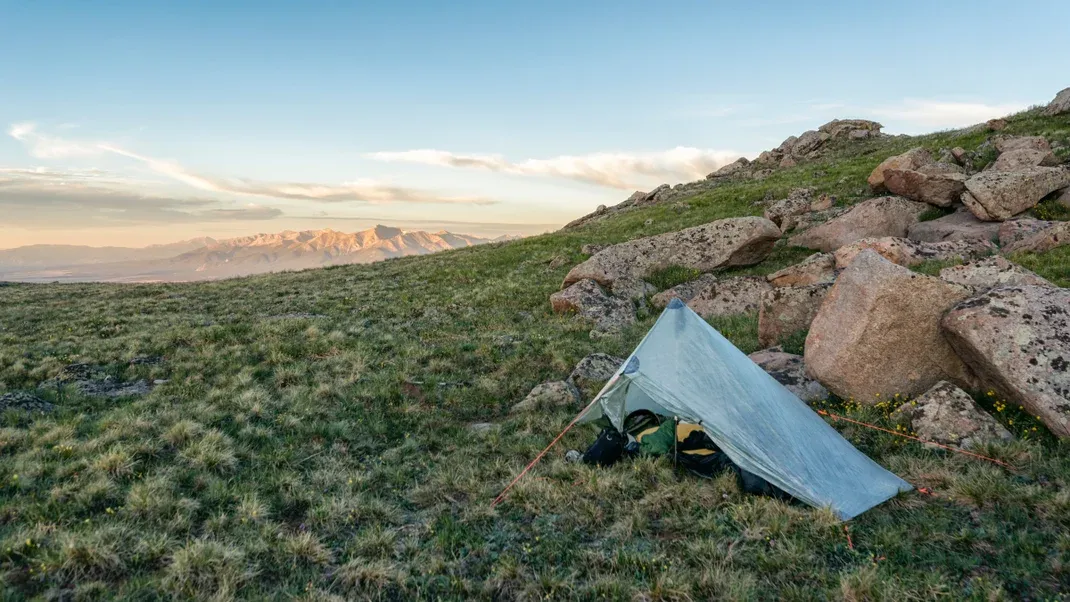
One of the biggest challenges for hikers and backpackers is reducing pack weight without breaking the bank. Carrying a heavy pack can be physically and mentally exhausting, and can even lead to injury. Luckily, there are plenty of free or cheap ways to cut your pack weight this summer, allowing you to enjoy your outdoor adventures without the burden of unnecessary gear.
First and foremost, one of the most effective ways to reduce pack weight is to carefully consider each item you plan to bring and ask yourself if it is really necessary. Many hikers are guilty of overpacking, bringing items they think they might need but end up not using at all. Start by making a list of all the items you plan to bring, and then go through the list item by item, considering if there are lighter alternatives or if the item can be left behind altogether. For example, do you really need that extra pair of shoes, or can you get by with just one pair? Can you bring a smaller, lighter stove instead of your usual bulky one? By critically evaluating each item, you can significantly reduce your pack weight without spending a dime.
Another free way to cut pack weight is to become mindful of the food and water you bring with you. Food can be surprisingly heavy, and many hikers bring more than they actually need. Plan your meals carefully and bring only the amount of food you will realistically eat during your trip. Consider dehydrated or freeze-dried meals, which are lighter and take up less space than traditional camping food. Additionally, be mindful of the water you carry. While it's important to stay hydrated, carrying excess water can add unnecessary weight to your pack. Plan your route carefully and research water sources along the way so you can refill your bottles as needed, rather than carrying a heavy load from the start.
One of the cheapest ways to reduce pack weight is to invest in a few lightweight gear upgrades. While high-end ultralight gear can be expensive, there are plenty of budget-friendly options available. Look for sales, discounts, and second-hand gear to find lightweight alternatives to your heavier items. For example, consider replacing your heavy tent with a lightweight tarp or hammock, or investing in a lighter sleeping bag or pad. Even small changes, such as switching to a lighter water bottle or cooking pot, can add up to significant weight savings. By keeping an eye out for deals and being open to trying new gear, you can make substantial reductions to your pack weight without breaking the bank.
Another free way to cut pack weight is to reevaluate your clothing choices. Many hikers bring too many clothes, thinking they need a separate outfit for each day of their trip. In reality, most hikers can get by with just a few changes of clothes, especially in the summer when the weather is generally warm and dry. Look for lightweight, moisture-wicking fabrics that can be easily layered for warmth or ventilation as needed. Consider wearing your heaviest clothes and boots while hiking, and pack lighter, more compact items for camp. By carefully selecting and layering your clothing, you can reduce the weight of your pack without spending a dime.
Finally, consider the weight of your pack itself. Many hikers overlook the fact that their pack can be a significant source of unnecessary weight. If you're still using an old, heavy pack, it may be time for an upgrade. While high-end ultralight packs can be expensive, there are plenty of budget-friendly options available that are still significantly lighter than traditional packs. Look for sales, discounts, and second-hand options to find a pack that is both comfortable and lightweight. Additionally, be mindful of the pack's features and pockets, as extra zippers, straps, and compartments can add unnecessary weight. By choosing a lightweight pack that meets your needs, you can make a significant reduction in your overall pack weight.
In conclusion, reducing pack weight doesn't have to be expensive. By carefully evaluating each item you plan to bring, being mindful of your food and water, investing in lightweight gear upgrades, reevaluating your clothing choices, and choosing a lightweight pack, you can make significant reductions to your pack weight without breaking the bank. With a lighter pack, you can enjoy your outdoor adventures more comfortably and safely, and focus on the beauty of the natural world around you.

